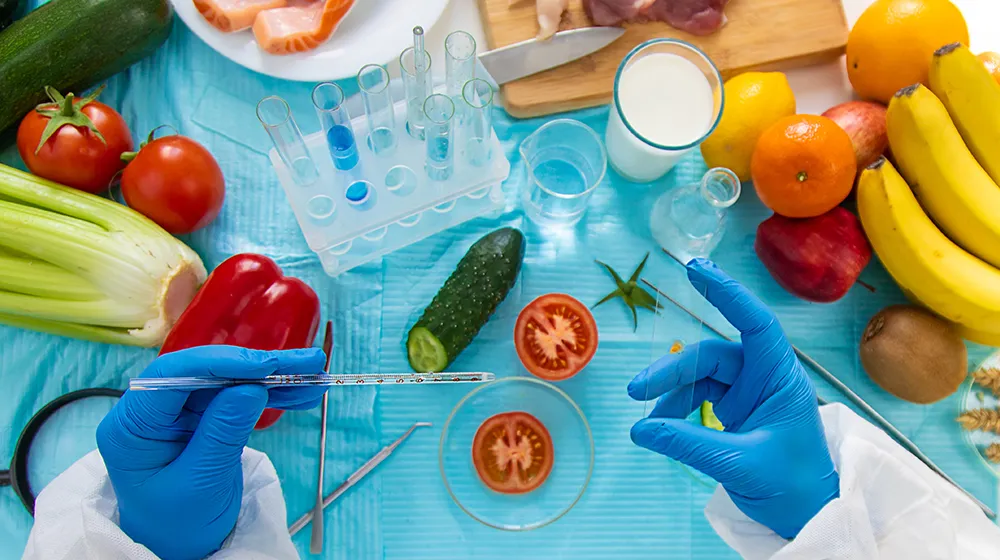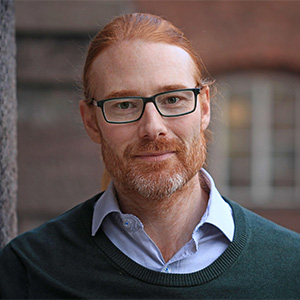New KTH course provides insight into food chemistry

A new KTH course in food chemistry and technology meets the needs of students, researchers and industry by raising questions about the future of food, sustainability and food technology.
“Historically, KTH has chosen not to cover food chemistry in our programmes, but it feels extremely important to give our engineers a basic knowledge of how to work in the food industry,” Professor Francisco Vilaplana says.

There is chemistry behind all processes in the world, and this naturally also applies to the production and preparation of food. The Food Chemistry and Technology course will give students a basic understanding of how the various components in food interact to give products their appearance, taste and texture.
"Food is a very complex and interesting material, with a wide variety of biomolecules that are combined in various complex structures such as gels, fibres and foams. Their physical and chemical properties affect both taste and texture when we eat them," Vilaplana says. "We will also offer exciting laboratory projects where students get to work hands-on with different food products and components.”
Sustainability and social issues
In addition to practical and theoretical knowledge of food chemistry, course participants will also gain a better understanding of the sustainability challenges and important social issues that the food industry is working with. This is according to course coordinator Christofer Lendel, who believes that the big question is why the course has not started earlier.

“Food production is a very important part of our society, and companies in the industry are important employers for engineers. It is also a highly innovative industry, where creative people can contribute to developing the food of tomorrow, which will hopefully have advantages from both a nutritional and sustainability perspective,” Lendel says.
For students enrolled in the Master's programmes in Industrial and Environmental Biotechnology and Molecular Science and Technology, the course, which is worth 7.5 credits, is included. However, according to Lendel, all students with sufficient prior knowledge of chemistry and biotechnology are welcome to apply for the course.
"The course opens the door to an exciting field, where several branches of chemistry converge, while focusing on products that everyone has a daily relationship with,” Lendel says.
Text: Jon Lindhe ( jlindhe@kth.se )
